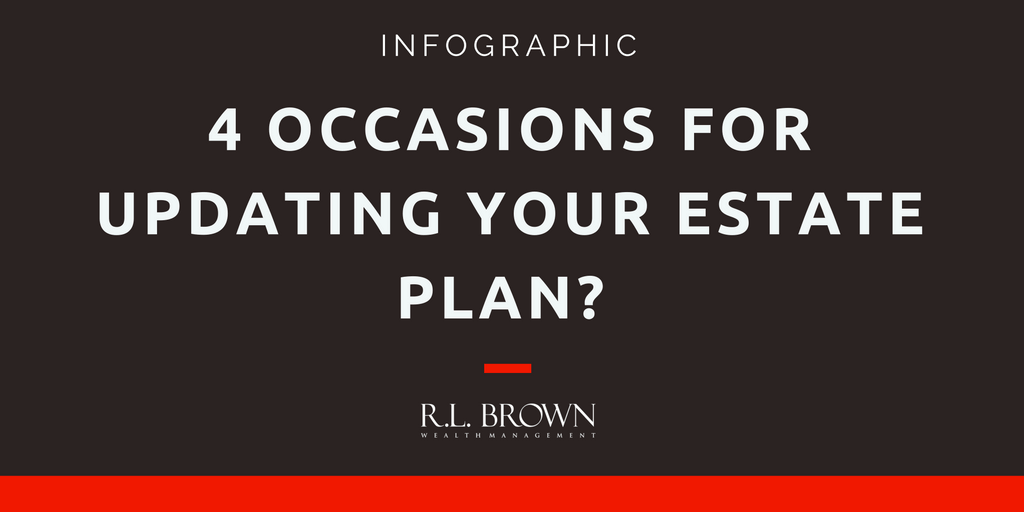How much do you know about estate taxes? If you’re like the majority of Americans, it’s probably not as much as you should, and there’s plenty the insurance companies and IRS won’t tell you. You should realize, however, that what you don’t know not only affects you, but also your loved ones who will handle your estate after you’re gone. The following are some specific things of which you should be aware when it comes to estate taxes so you can plan accordingly.
1. How important is life insurance in your estate plan?
While life insurance proceeds are taxable, there are several strategies that can convert these profits into a tax-free pool of money. It’s important to talk with a financial professional before you purchase the plan so you’re aware of such strategies beforehand.
For example, if you have a policy that has built up enough cash surrender value (CSV) so you no longer pay out-of-pocket premiums, make sure you trade it in for a new one with a larger (tax-free) death benefit while you’re still healthy. Otherwise, your family will lose that money when you die. Check with a financial expert to analyze your options.
According to recent studies, 98 percent of term policies never pay a death benefit; and 91.5 percent of CSV policies lapse and don’t pay a death benefit. If you’re investing in a life insurance plan, be proactive, and don’t let yourself become one of these statistics.
2. Qualified plans are double taxed
If you have a large amount of money in a 401(k), rollover IRA or another qualified plan, you should know that without any action on your part, those funds will be double taxed (both income taxes and estate taxes) up to 64%! That’s a lot of your hard-earned money down the drain. But luckily there are ways to turn double tax traps into tax-free victories. Consult a financial professional about various strategies that can help you accomplish this feat.
3. The way you handle succession planning and business transfers matters
If you own a business that you plan on transferring or selling—especially to a family member—you should be aware of how to make that transaction tax-free. Otherwise, you could lose a large percentage of it to the IRS. One good option is to use an Intentionally Defective Trust (IDT), which is an easy-to-do strategy with a significant list of tax advantages. Some of the top benefits include the fact you’ll pay no income tax or capital gains tax; and the tax-free advantages for the buyers of your company. Make sure you rely on a financial expert to help guide you through this process.
4. The IRS and the estate tax
The IRS conveniently won’t tell you that the estate tax on your plan is actually voluntary. It’s nearly impossible to avoid the tax if you only have a traditional estate plan (revocable trust for both spouses), but if you add a lifetime plan, you’ll have a much better chance of steering your way around it. Make sure you use the correct specific strategy for each significant asset you own.
For example, for each of the following assets, use the strategy immediately following:
• Residence: Qualified personal residence trust or 50/50 title;
• Your business: Intentionally defective trust; (IDT);
• Funds in a qualified plan (like a 401(k), profit-sharing or IRA): Retirement plan rescue or Subtrust;
• Investments (cash, CDs, stocks bonds, real estate, etc.): Family limited partnership or FLIP.
Note: a financial professional can explain all of the above strategies in more detail and help you understand how each one helps you avoid paying estate taxes to the IRS.
The bottom line
Estate taxes are sometimes tricky to figure out, but luckily there are plenty of ways to reduce them or avoid them altogether. You really have to be your own advocate, however, as there are many things of which the insurance companies and IRS won’t inform you. That’s why it’s important to talk through various options with a financial professional that can help you figure out the correct strategy for your situation.







